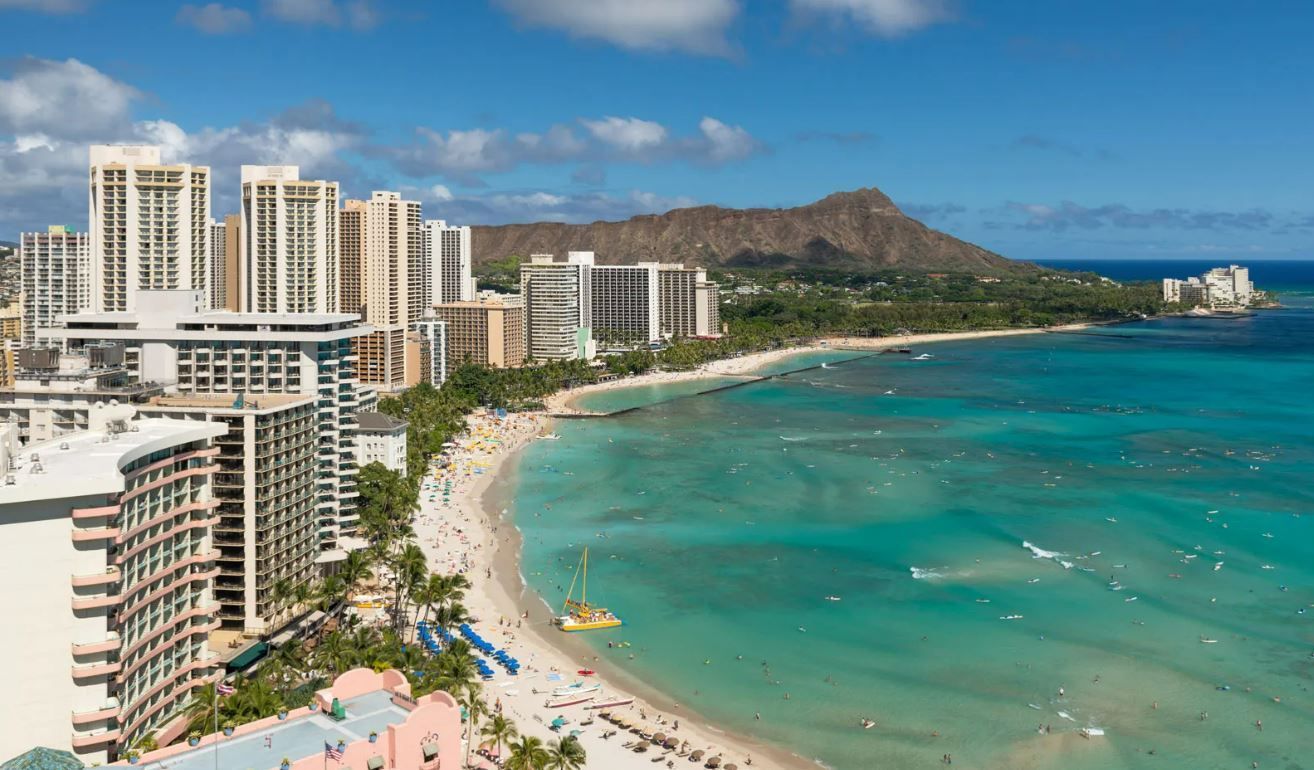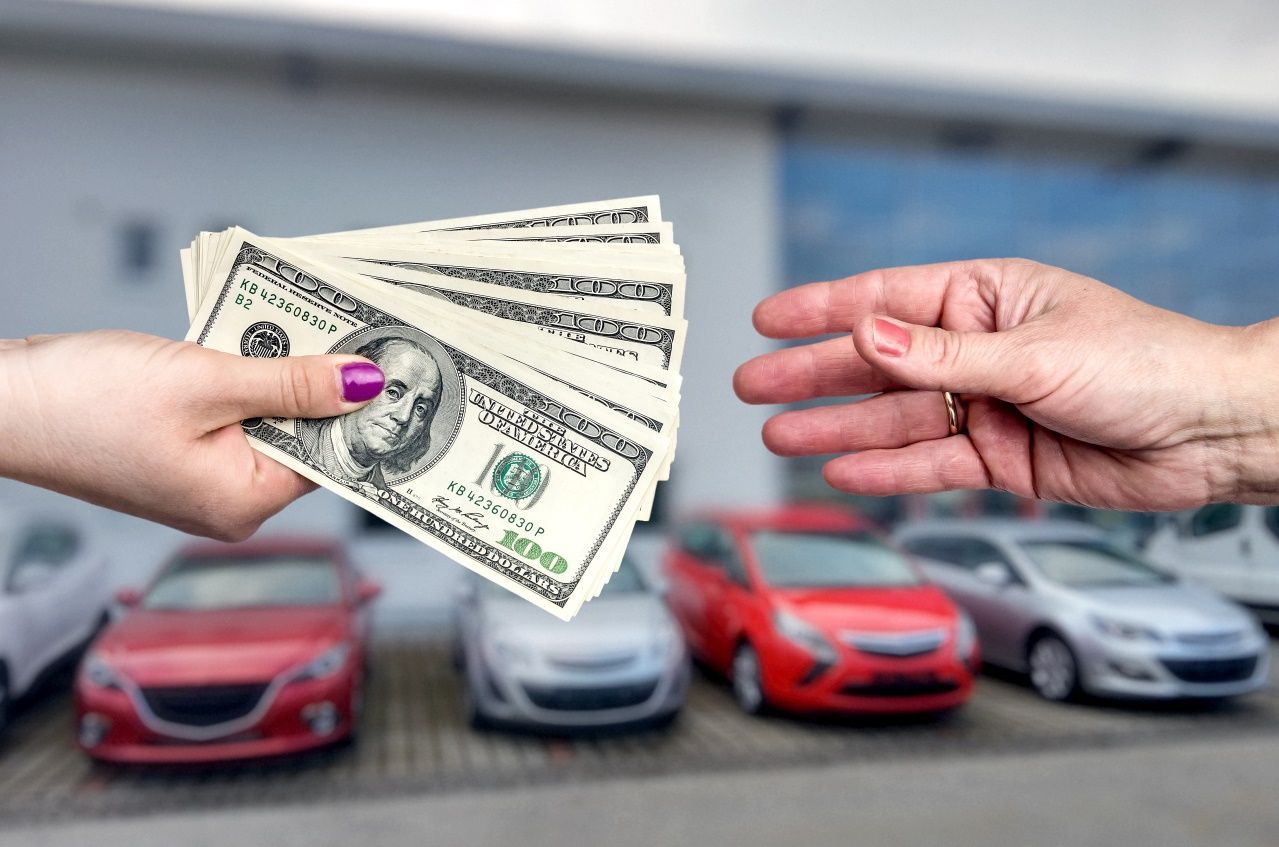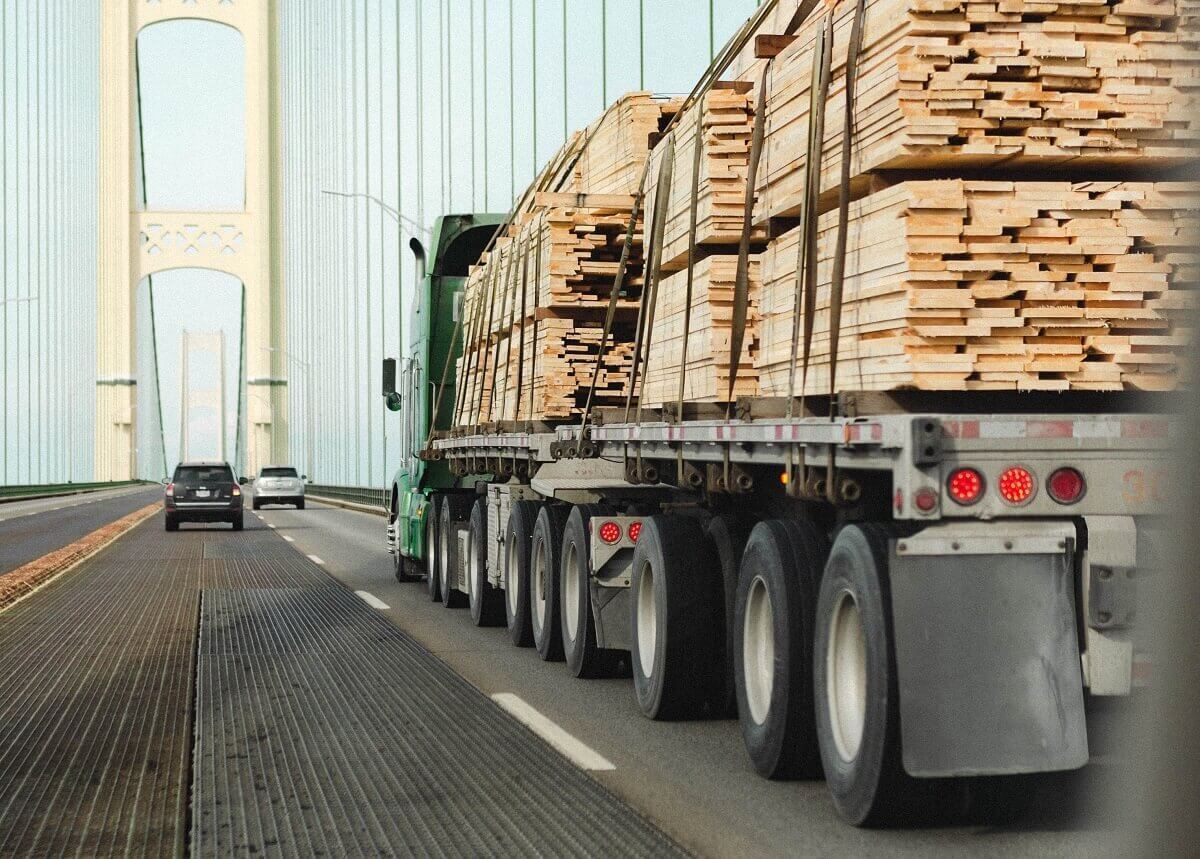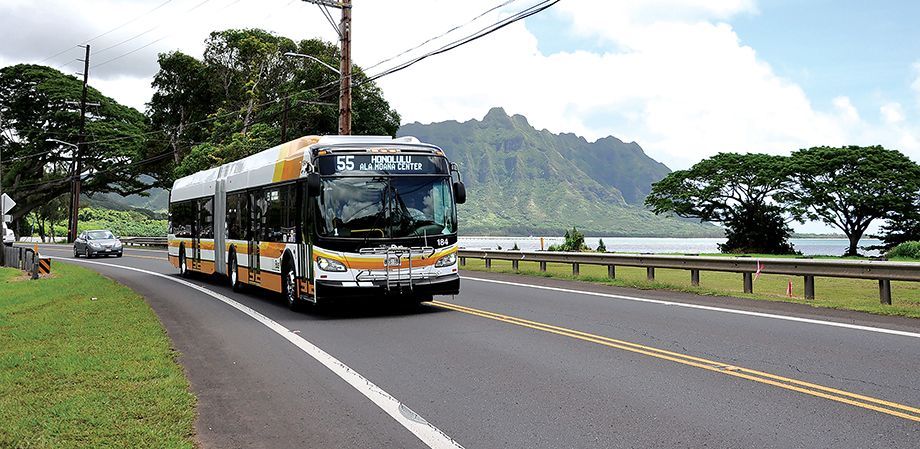Why is the Cost of Living So High in Hawaii
Hawaii is one of the most popular tourist destinations in the world, known for its beautiful beaches, warm weather, and unique culture. However, living in Hawaii can be expensive, and the cost of living is consistently higher than the average for the United States.

The High Cost of Living in Hawaii: Exploring Reasons
In this blog post, we will explore the reasons why the cost of living in Hawaii is so high, and what you can expect if you are considering a move to this beautiful state.
Housing Costs
One of the main factors driving up the cost of living in Hawaii is the high price of housing. Hawaii's limited land availability, coupled with high demand from both locals and tourists, has led to a scarcity of affordable housing. The median home value in Hawaii is around $660,000, which is more than twice the national average. Rental prices are also high, with the average cost of a one-bedroom apartment in Honolulu hovering around $1,800 per month.
Transportation Costs
Another contributing factor to the high cost of living in Hawaii is transportation. As an island state, Hawaii is heavily reliant on imported goods, including fuel for transportation. This leads to higher gas prices, which in turn drive up the cost of transportation. Additionally, many residents rely on personal vehicles to get around, as public transportation options are limited outside of major cities like Honolulu.
Read Also: How much is gas in Hawaii?
Food Costs
The cost of food in Hawaii is also higher than the national average. This is partly due to the fact that Hawaii is located in the middle of the Pacific Ocean, making it more expensive to import food and other goods. The high demand for fresh, locally-grown produce also drives up prices. As a result, grocery bills in Hawaii can be significantly higher than in other parts of the country.
Utilities
Utilities are another area where the cost of living in Hawaii is higher than the national average. Hawaii's tropical climate means that residents often need to run air conditioning or fans to stay comfortable, which can result in high electricity bills. Additionally, the state's remote location means that infrastructure costs for utilities like electricity and water are higher than in other parts of the country.
Taxes
Hawaii also has a high tax burden compared to other states. The state has a general excise tax of 4%, which is applied to most goods and services, including groceries. Additionally, Hawaii's income tax rates are some of the highest in the country, with a top rate of 11%. Property taxes in Hawaii are also relatively high, which can add significantly to the cost of homeownership.
Tourism
Tourism is a major industry in Hawaii, and while it brings in significant revenue for the state, it also drives up the cost of living. The high demand for hotels and vacation rentals can make it difficult for locals to find affordable housing. Additionally, many tourists are willing to pay a premium for activities like snorkeling, surfing, and other outdoor adventures, which can drive up the cost of living for locals who also enjoy these activities.
Conclusion
Living in Hawaii can be a wonderful experience, with beautiful scenery, a relaxed lifestyle, and a vibrant culture. However, it is important to be aware of the high cost of living before making the decision to move to the state. Housing, transportation, food, utilities, taxes, and tourism all contribute to the high cost of living in Hawaii. Despite these challenges, many people find that the benefits of living in Hawaii outweigh the costs. If you are considering a move to Hawaii, it is important to do your research and understand the financial implications before making the move.
Read Also: Moving to Hawaii: The ultimate guide
















